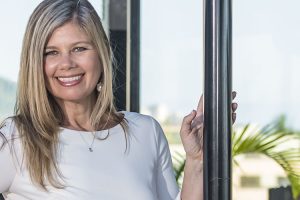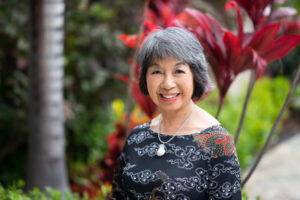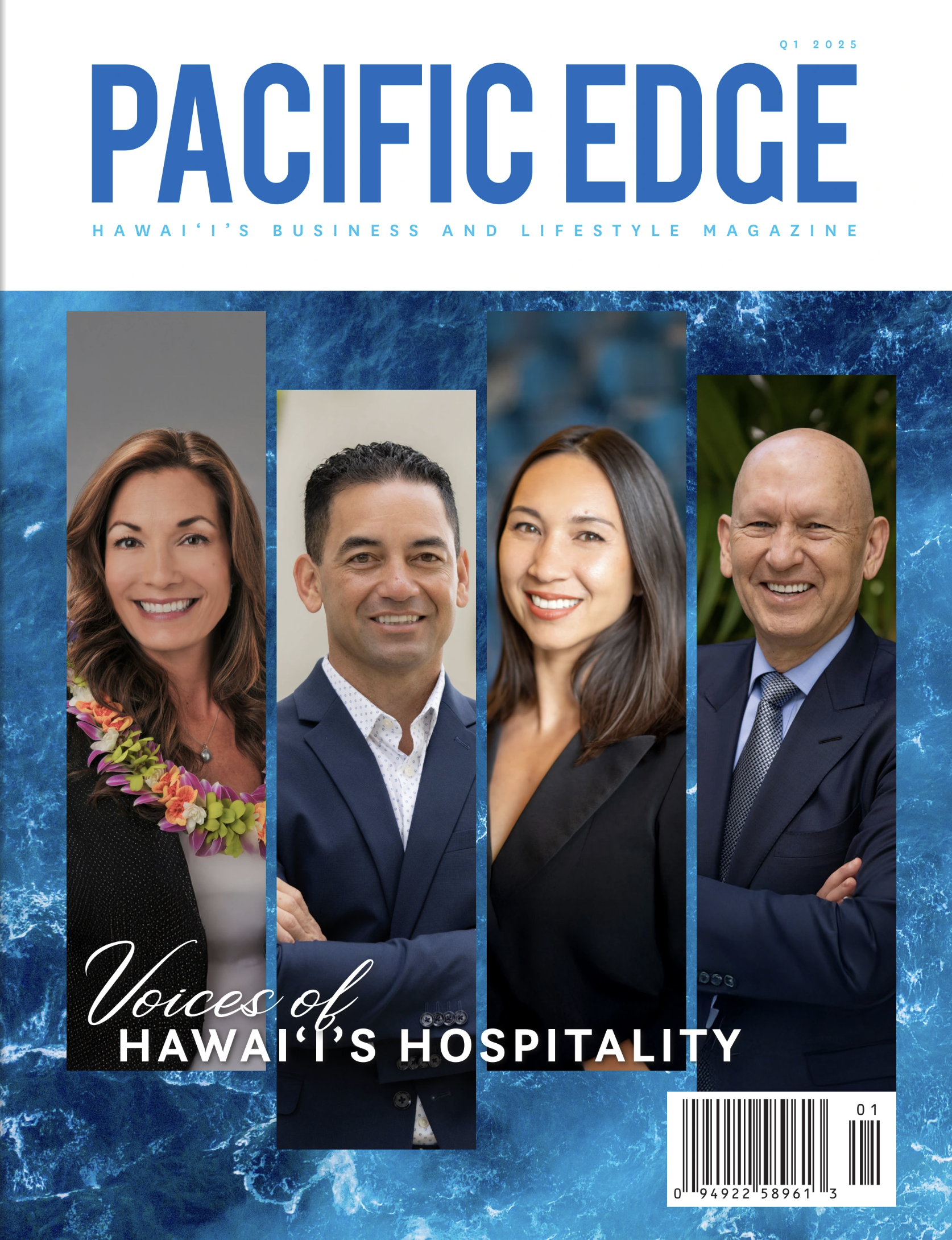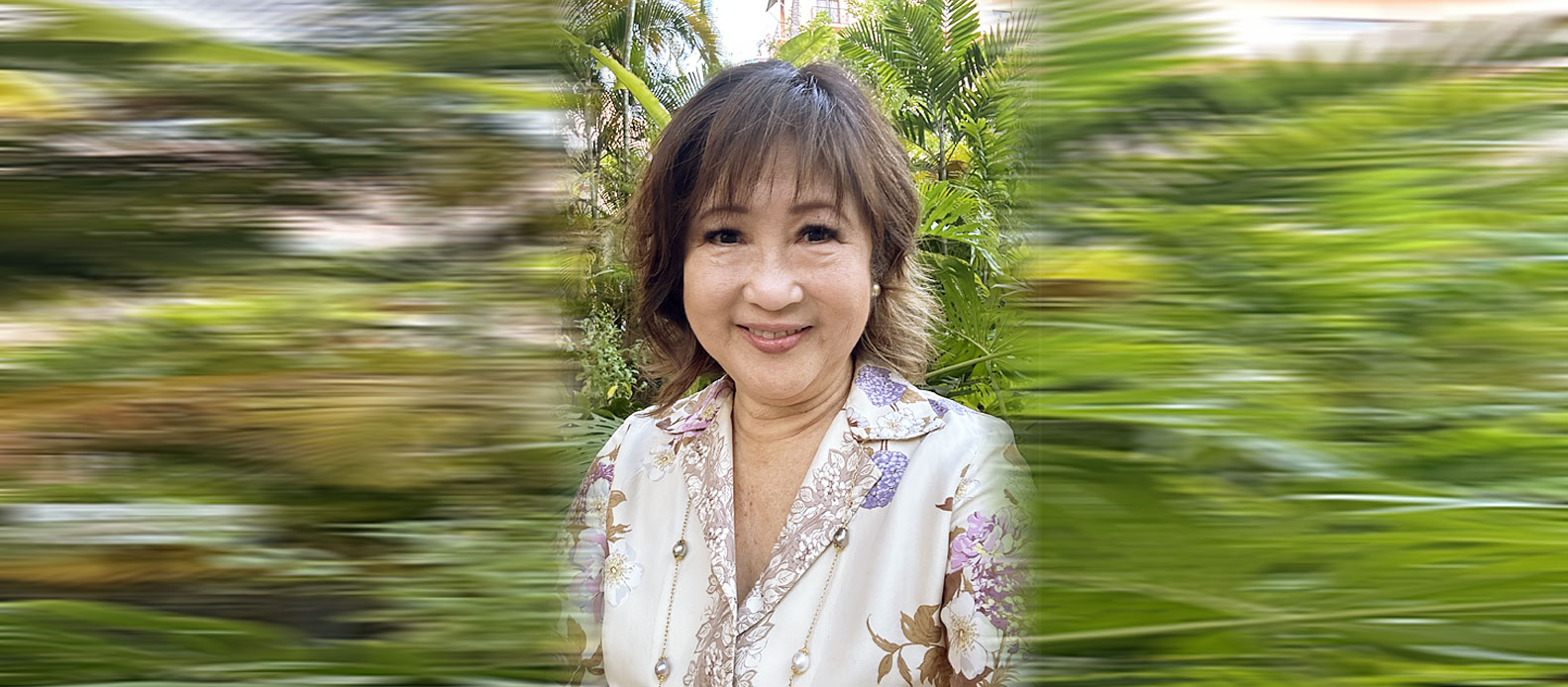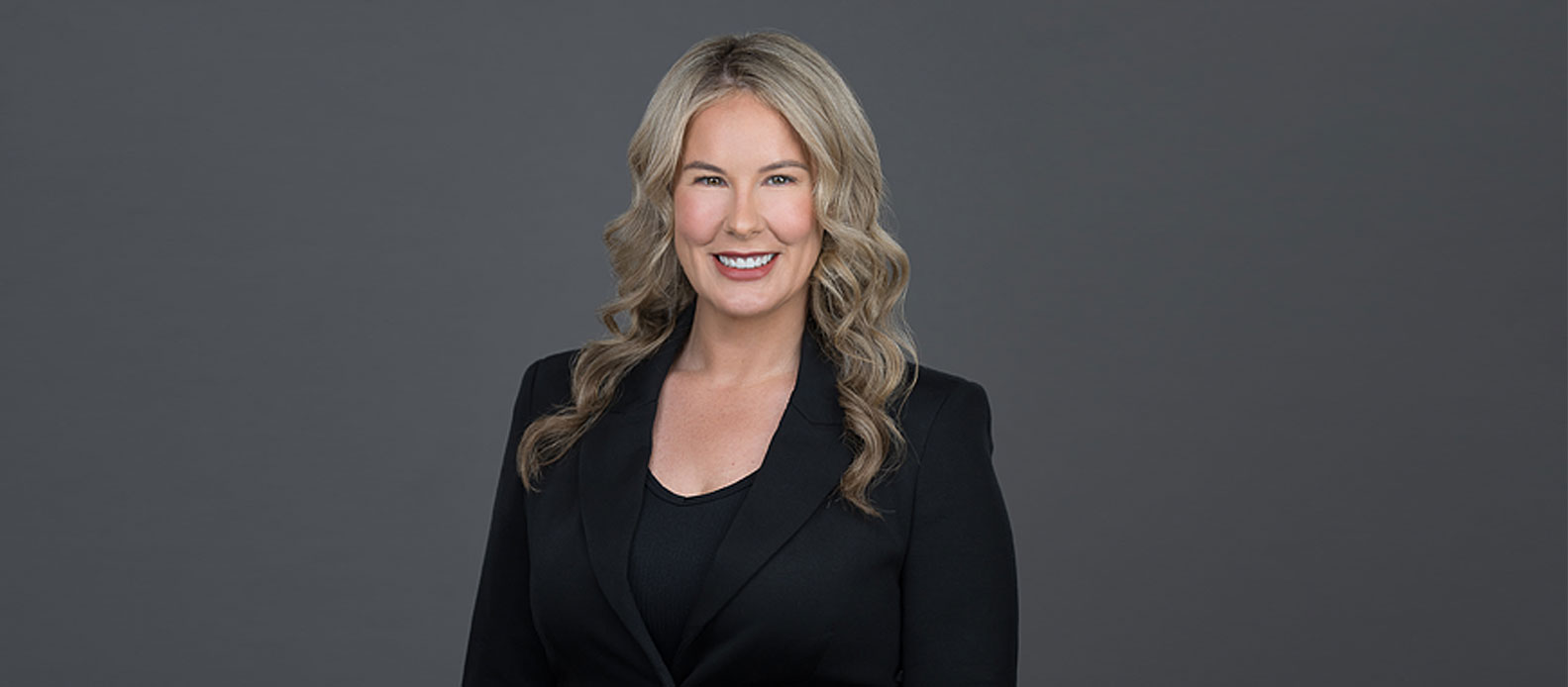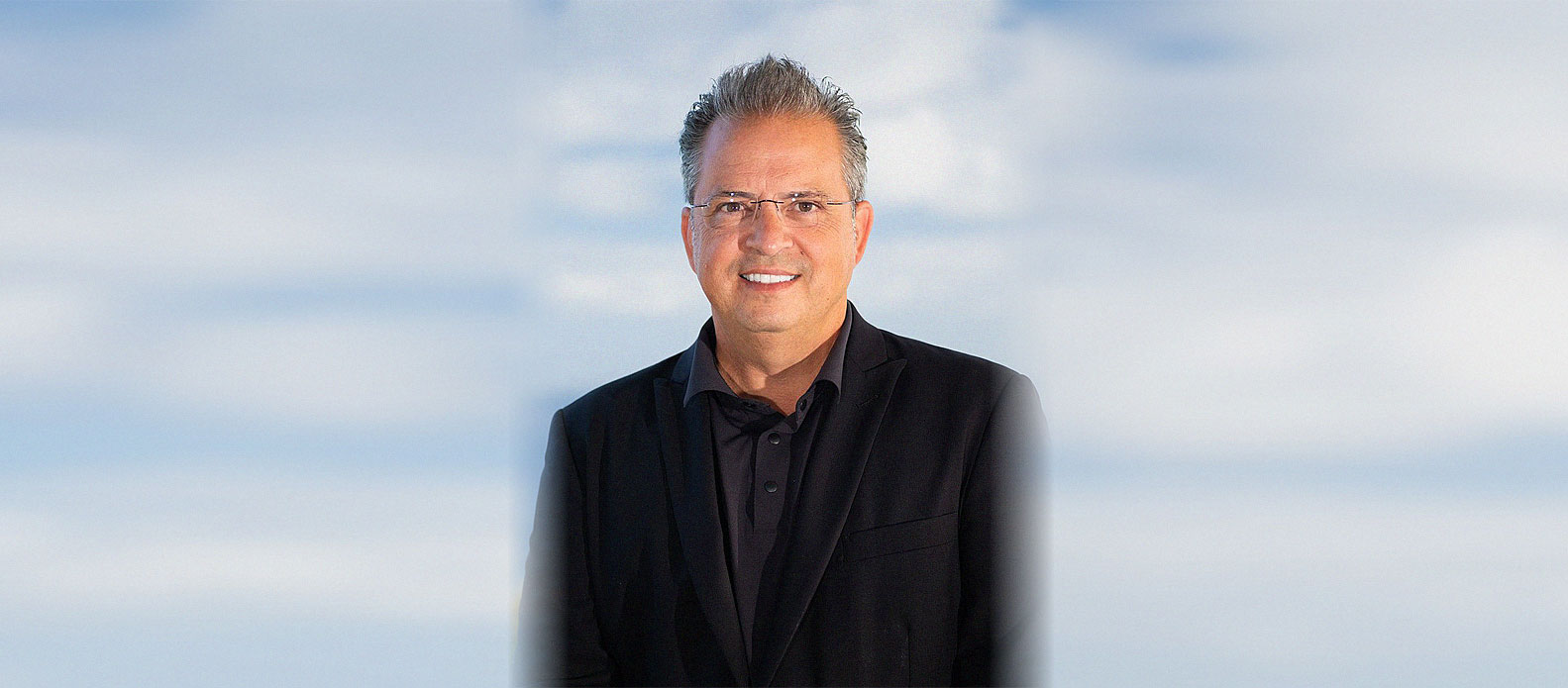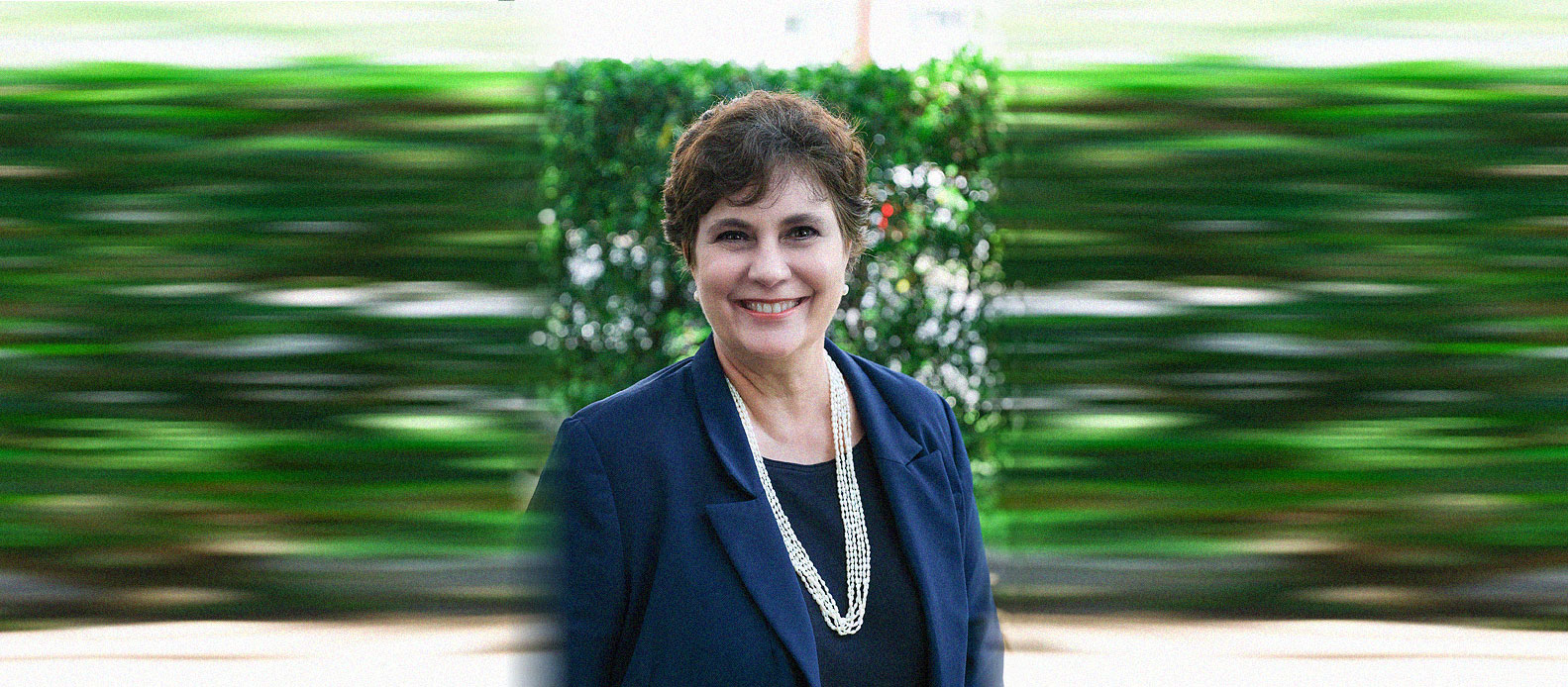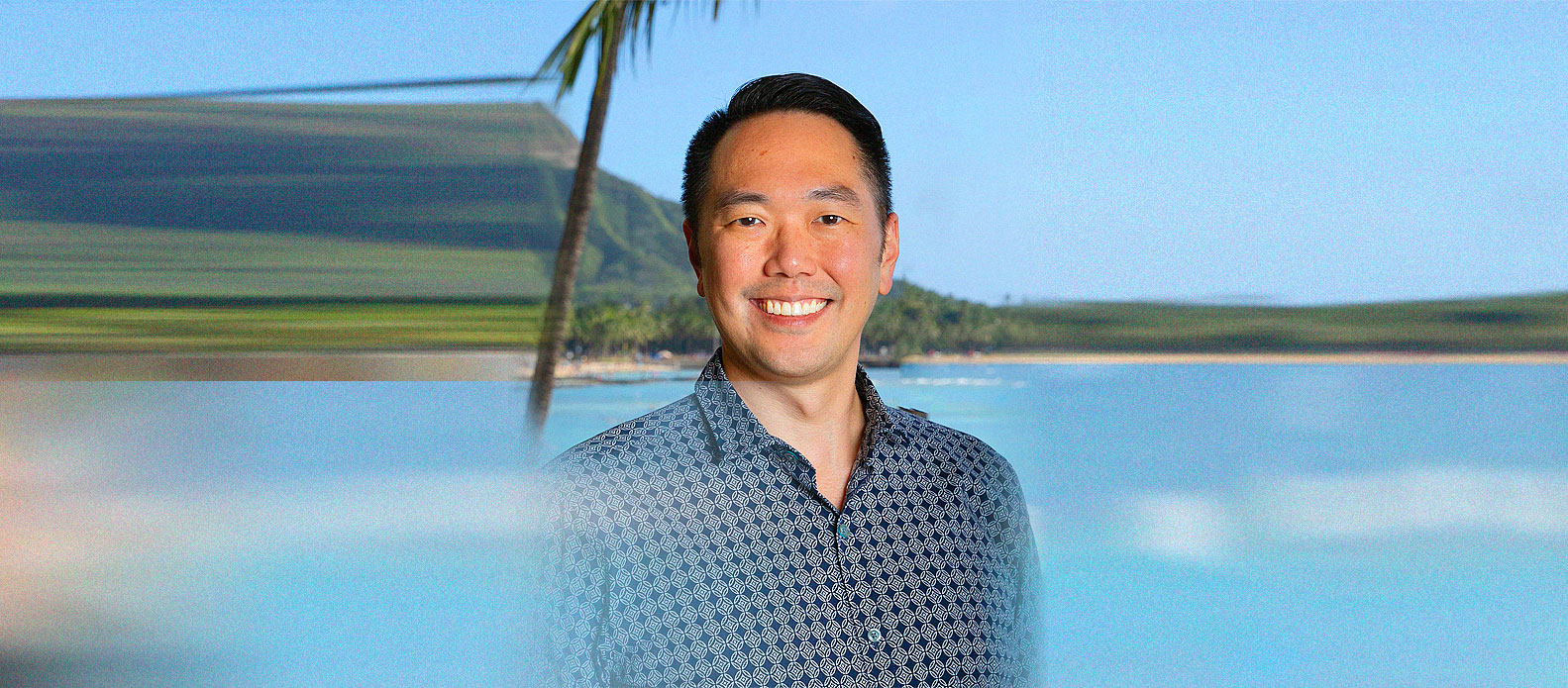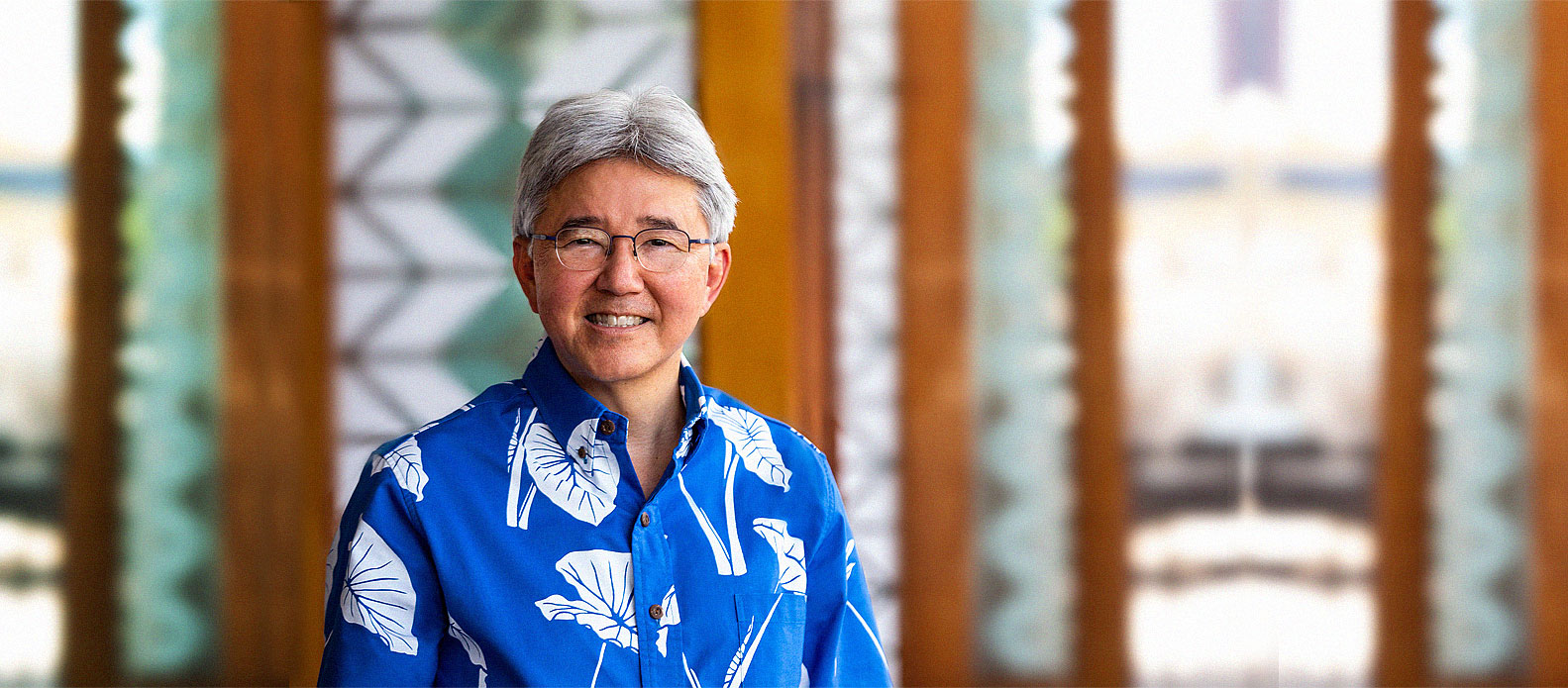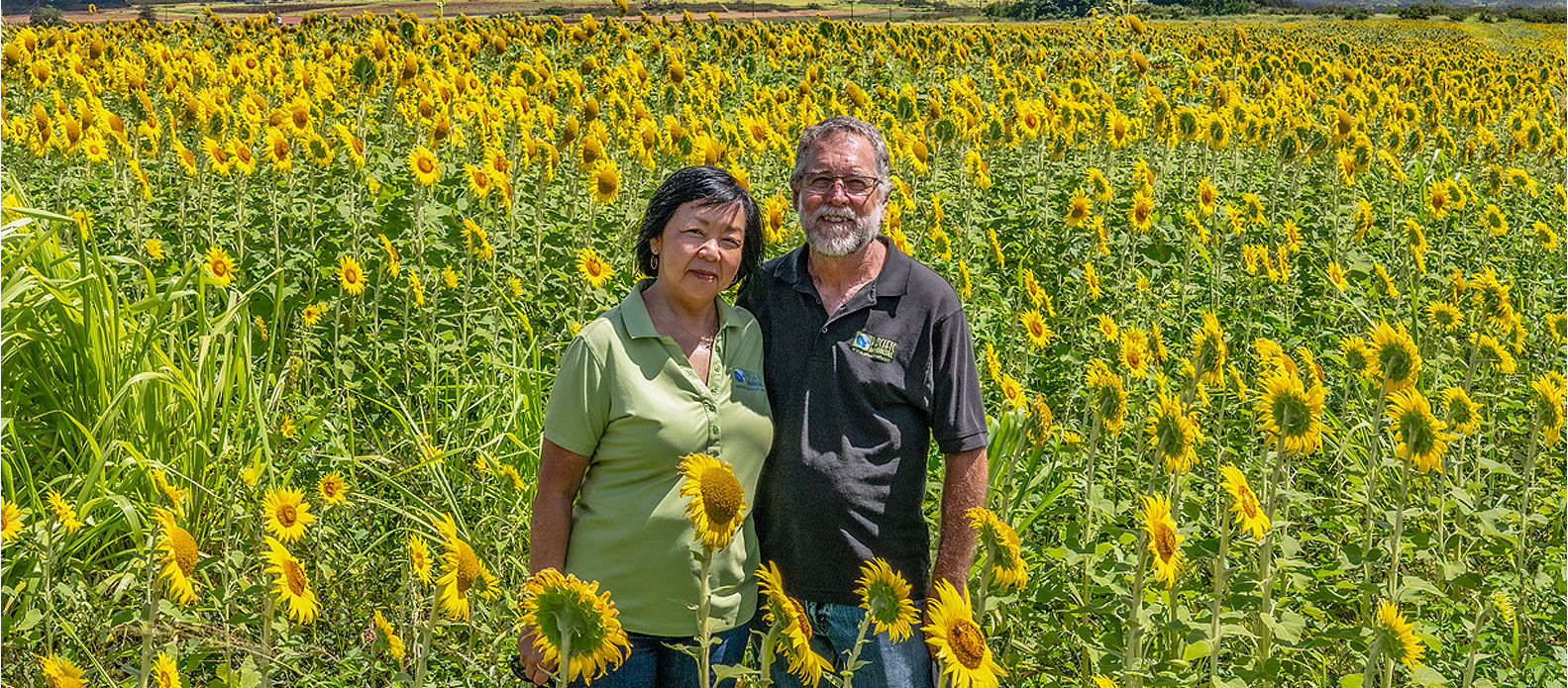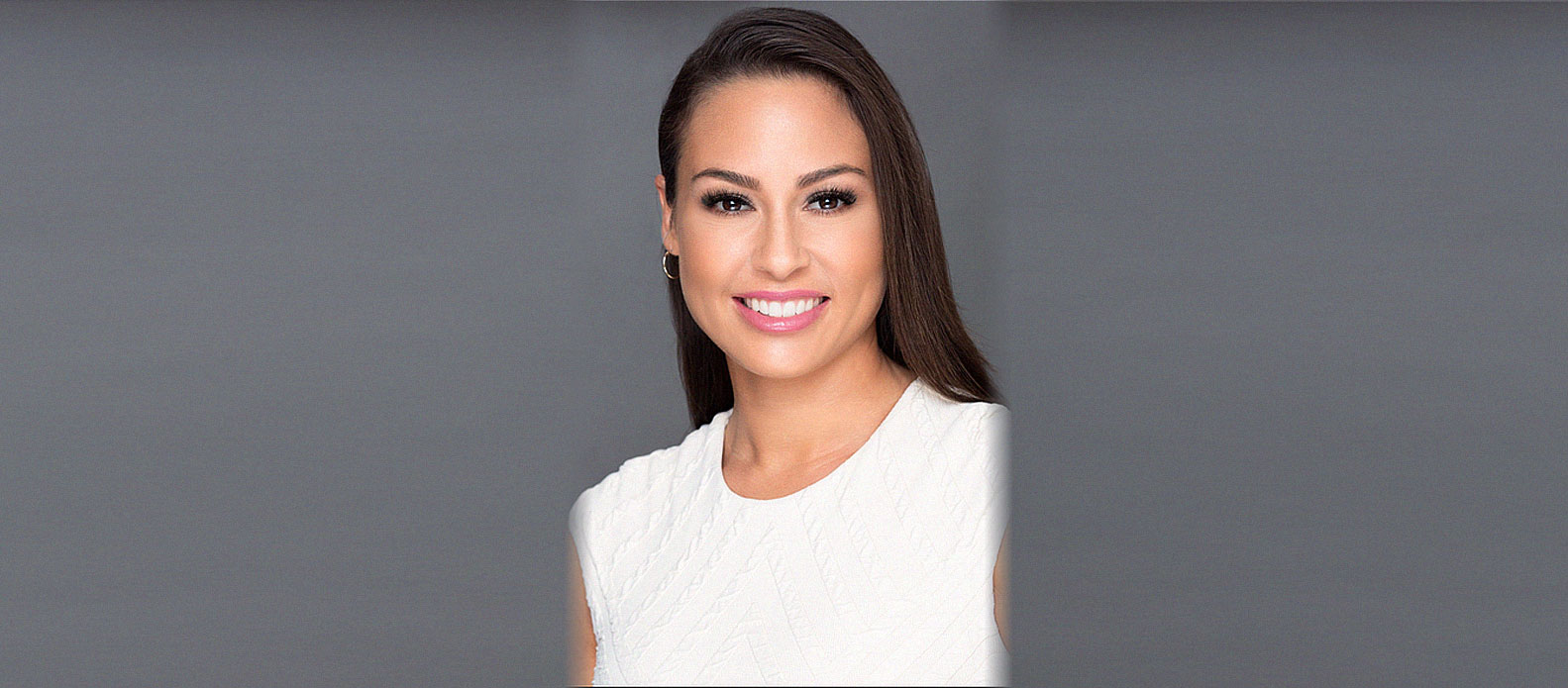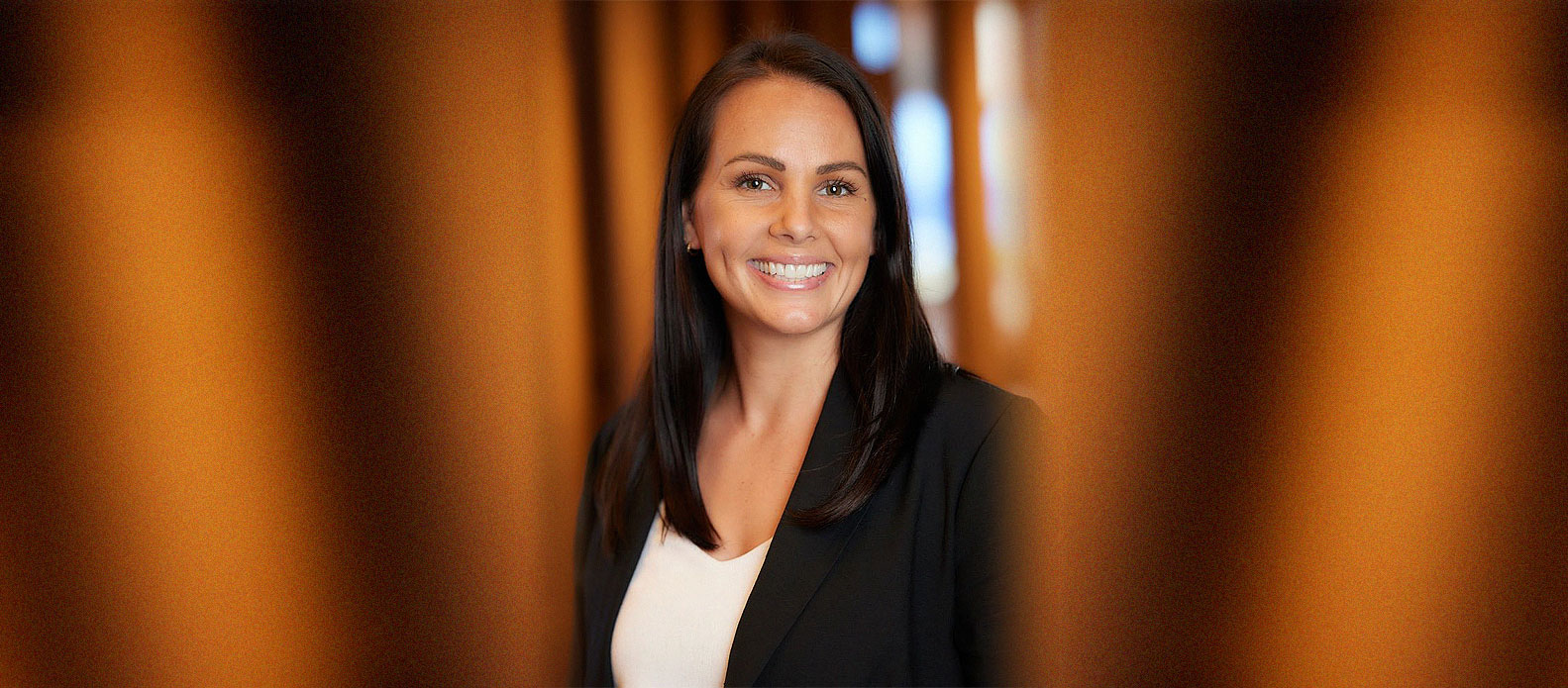End-of-life care isn’t something people like to talk about, says Tori Abe Carapelho, president and CEO of Hospice Hawaii. Not if they can help it—in fact, it’s something people find out about when they’re least ready to learn what hospice is all about.
“Many times people are introduced to hospice for the very first time when they’re in their most vulnerable state,” Abe says. “They often have to make a decision without knowing what their options are.”
Fortunately Abe’s initial encounter with hospice wasn’t as a patient or grieving relative. She was first introduced to Hospice Hawaii when the local nonprofit sought out the marketing expertise of Hawaii Pacific Entertainment, where Abe was working as vice president of marketing and business development. “I didn’t even know what hospice was,” she says. “It wasn’t until I started working with the organization that I realized how important of a service it is that they provide.”
Since joining Hospice Hawaii a decade ago, Abe has helped guide the organization through a number of changes—including establishing the state’s first pediatric hospice program—and dispelling misconceptions about end-of-life care. “Ongoing education and early conversations are key,” Abe says. “We try to help people understand the services we provide so they can make informed decisions rather than act on preconceived notions of what hospice is.”
In addition to getting the word out through community programs and other formal outreach efforts, Hospice Hawaii is launching strategic initiatives, such as its recent “My Bucket List” marketing campaign, to emphasize that hospice is ultimately about life, not death. “Just because a patient is diagnosed with a terminal illness doesn’t mean they should give up hope,” Abe says. “They should still be living their life each and every day, creating a legacy and not giving up on themselves at any point.”
Abe says many patients continue to live productive lives after entering hospice, regaining energy and clarity and finding relief from the pain and anxiety of their illness. Some even graduate from hospice care—meaning they become well enough to leave. “A lot of people think hospice is about giving up,” Abe says. “But hospice isn’t a death sentence. People tend to live longer and with a better quality of life when they come onto hospice care. Hospice is something more when you’ve been told nothing more can be done.”
“My hope is that one day, people will be able to discuss this topic freely.”
Patients with serious illness are living longer than ever in this day and age, but that can be a double-edged sword, Abe says. “Expensive, high-tech cures many times draw out death rather than extend life,” she says. “In those situations, it’s hard to prognosticate how much time someone has left or when to stop treatment and emphasize pain relief. We believe that every person deserves to die with dignity and shouldn’t have to go without the support system or the pain and symptom management that hospice can provide.”
In her former role as Hospice Hawaii’s chief strategy officer, Abe’s job was to translate the vision of her predecessor into actionable results. Now, as president and CEO, she’s in charge of deciding what that vision looks like.
“Fortunately I have a team of passionate and dedicated individuals who work with me to develop that road map,” Abe says of her team of 120 staff members and hundred-strong network of volunteers. “It’s a little soon to reveal what that road map looks like, but what we do know is we’re not going to deviate from what our true mission is, and that’s to bring hope, reduce fears and impact lives.”
For Abe, part of carrying out the Hospice Hawaii mission since taking the reins at the end of last year has been guiding the company’s ongoing evolution as an organization. “The hospice philosophy depends heavily on the structure of an interdisciplinary team, but we’re taking it one step further by ensuring every team member has a voice and is comfortable using it,” she says.
With her extensive communications background, Abe is more than up to the task of empowering staff to speak their minds and of opening up difficult but necessary conversations in the community. “My hope is that one day, people will be able to discuss this topic freely,” Abe says.
tabe@hospicehawaii.org

